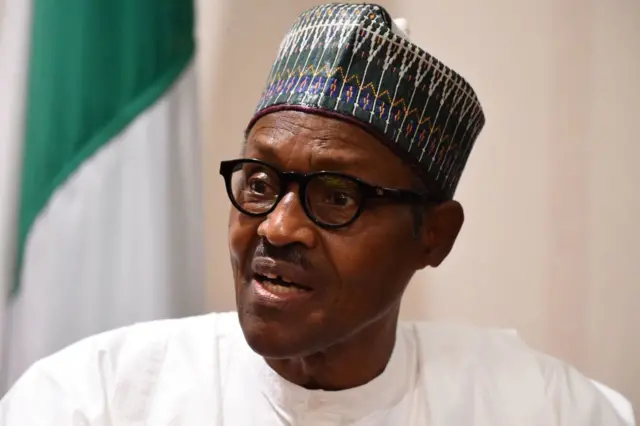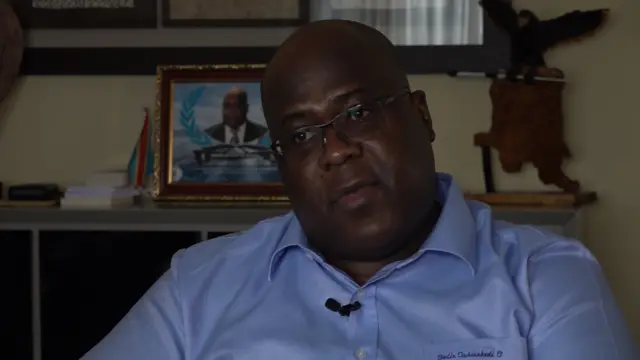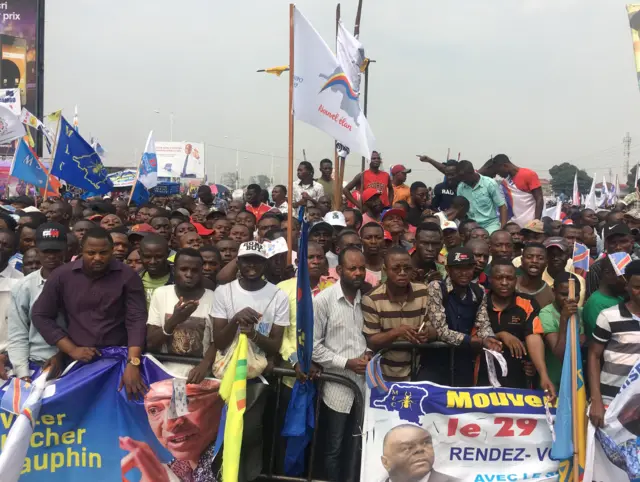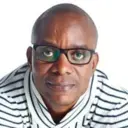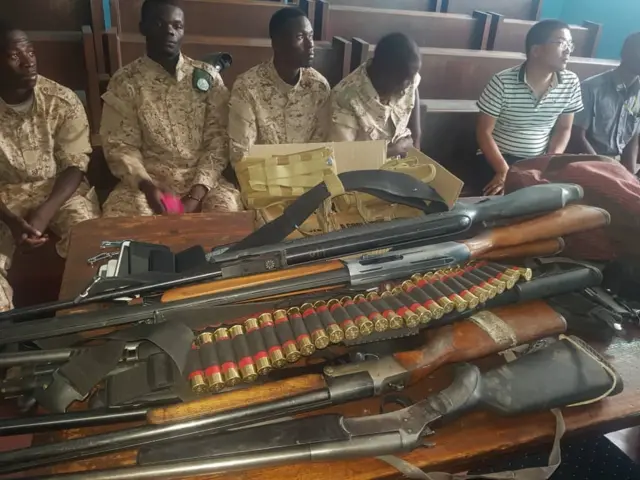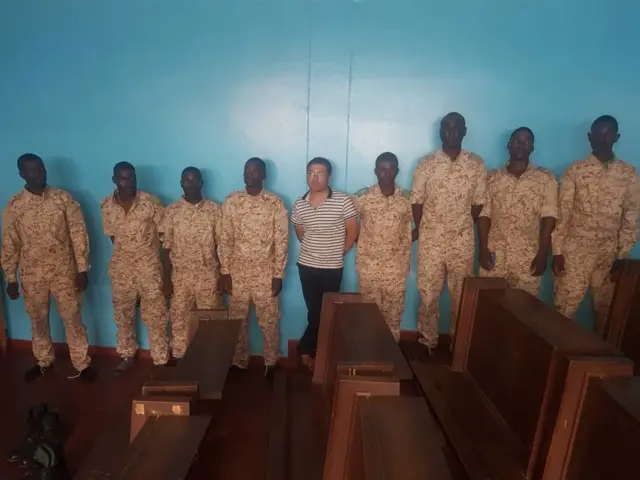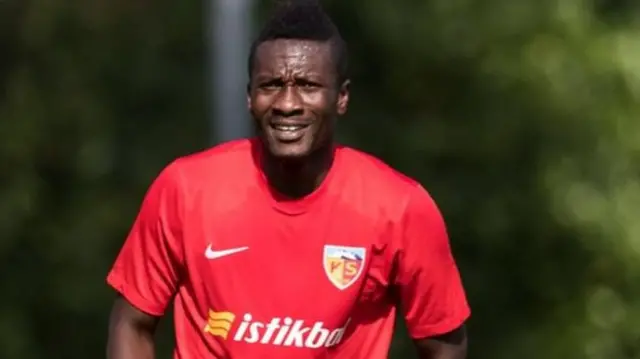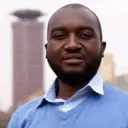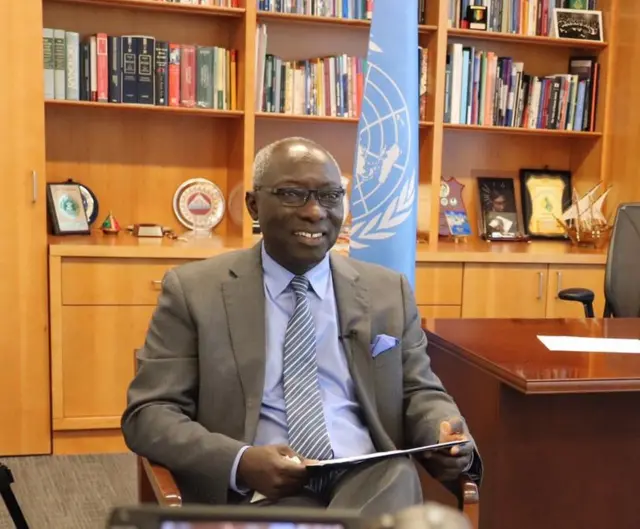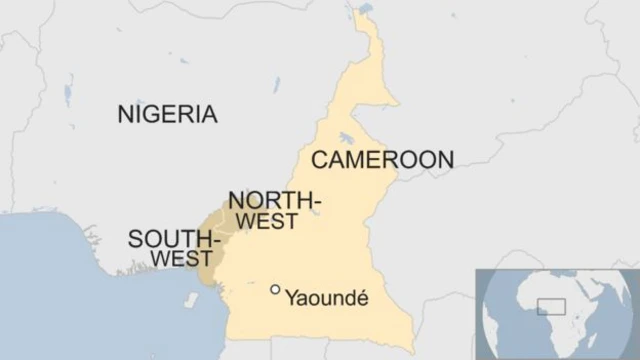Top news anchor held over murder investigationpublished at 16:22 BST 1 October 2018
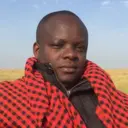 Ferdinand Omondi
Ferdinand Omondi
BBC Africa, Nairobi
Kenyan TV journalist Jacque Maribe has been arraigned in court today in connection with the murder of a woman in the capital, Nairobi, last week.
Jackie Maribe, a news anchor with Citizen Television, has been held in custody along with her fiance.
Ms Maribe will be detained for 11 days to give police time to investigate her possible involvement in the death of businesswoman Monica Kimani, whose body was discovered in a bathtub last week with her hands tied behind her back and her throat slit.
Allow X content?
This article contains content provided by X. We ask for your permission before anything is loaded, as they may be using cookies and other technologies. You may want to read X’s cookie policy, external and privacy policy, external before accepting. To view this content choose ‘accept and continue’.
Police say they have already identified Jackie Maribe’s fiancé, Joseph Kuria Irungu to have been at the home of the deceased on the night of the murder.
But police have now told the court that they have evidence the couple were together that night, and have recovered crucial evidence from their shared apartment.
Police have also impounded Ms Maribe’s car for forensic examination after it was identified as the vehicle her fiance drove to the victim’s house.
This is the second, high-profile arrest in as many weeks to have created a social media frenzy in Kenya.
In a separate case, a governor, Okoth Obado, is also in custody after being charged with the murder of his pregnant lover, who was discovered in a forest with seven stab wounds.
Kenyans are closely following how police and prosecution are handling the cases, in a justice system where many murder mysteries have become cold cases.
